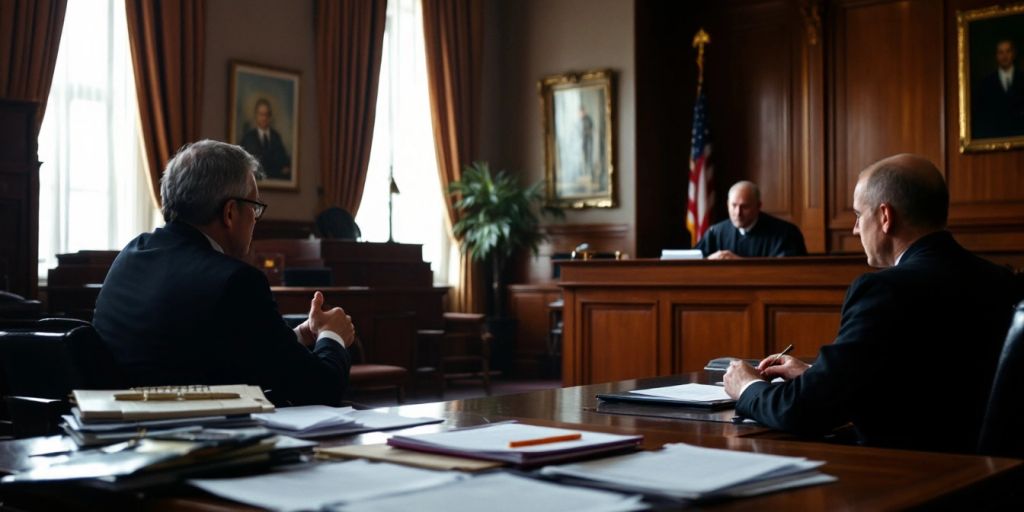A New Jersey appeals panel has ruled against a man seeking to revive his slip and fall lawsuit against Autozone Inc. The court determined that the plaintiff failed to provide sufficient evidence that the store was aware of the wet floor condition prior to his accident, effectively ending his legal battle.
Key Takeaways
- A New Jersey appeals court dismissed a slip and fall case against Autozone.
- The plaintiff could not prove that Autozone was aware of the wet floor.
- This ruling highlights the challenges plaintiffs face in slip and fall cases.
Background of the Case
The incident occurred when the plaintiff slipped and fell inside an Autozone store. Following the accident, he filed a lawsuit claiming that the store's negligence led to his injuries. However, the case faced significant hurdles from the outset, primarily revolving around the issue of whether Autozone had prior knowledge of the hazardous condition.
Court's Decision
The appeals panel's decision was based on the lack of evidence presented by the plaintiff. The court emphasized that for a slip and fall case to succeed, the injured party must demonstrate that the property owner knew or should have known about the dangerous condition. In this instance, the court found no such evidence.
Implications of the Ruling
This ruling serves as a reminder of the stringent requirements for proving negligence in slip and fall cases. Plaintiffs must gather compelling evidence to establish that a property owner was aware of a dangerous condition. The decision may discourage similar lawsuits where evidence is lacking.
Conclusion
The dismissal of this case underscores the complexities involved in slip and fall litigation. As property owners and businesses continue to face legal challenges, this ruling may influence how future cases are approached, particularly in terms of evidence gathering and the responsibilities of property owners to maintain safe environments for customers.








